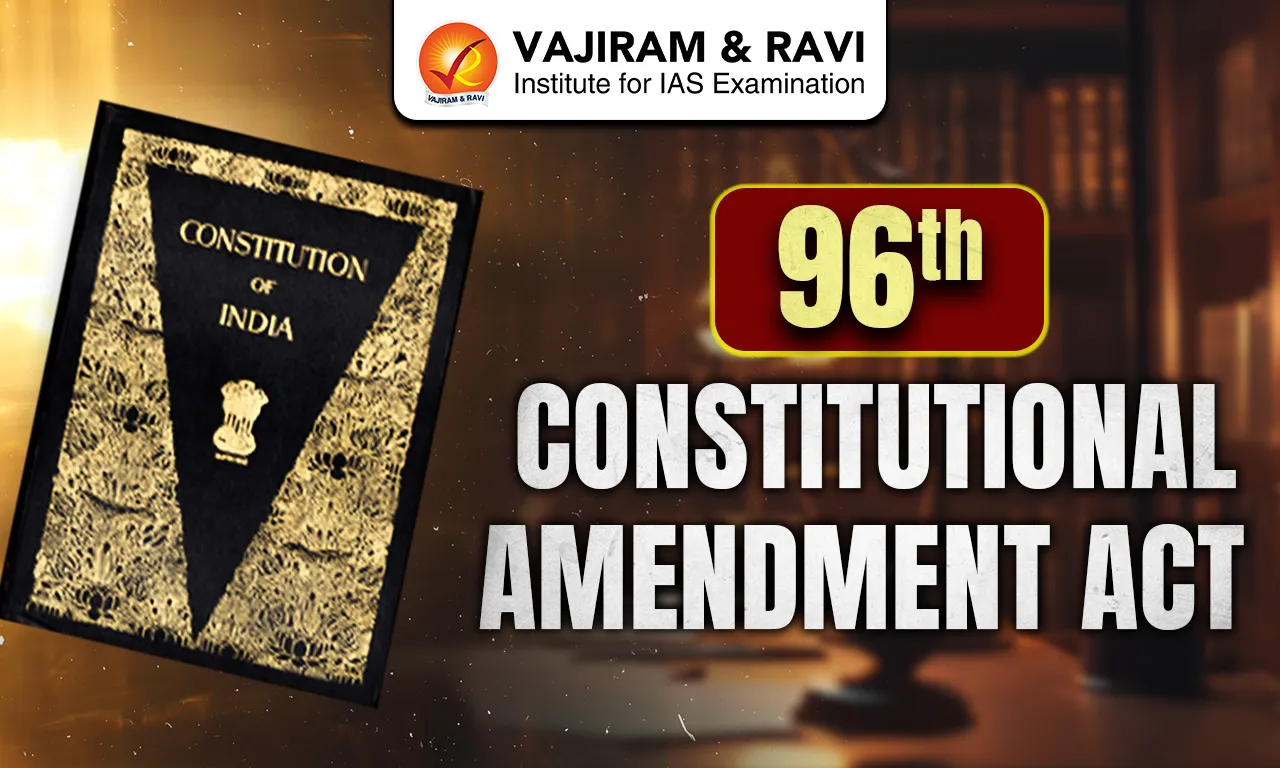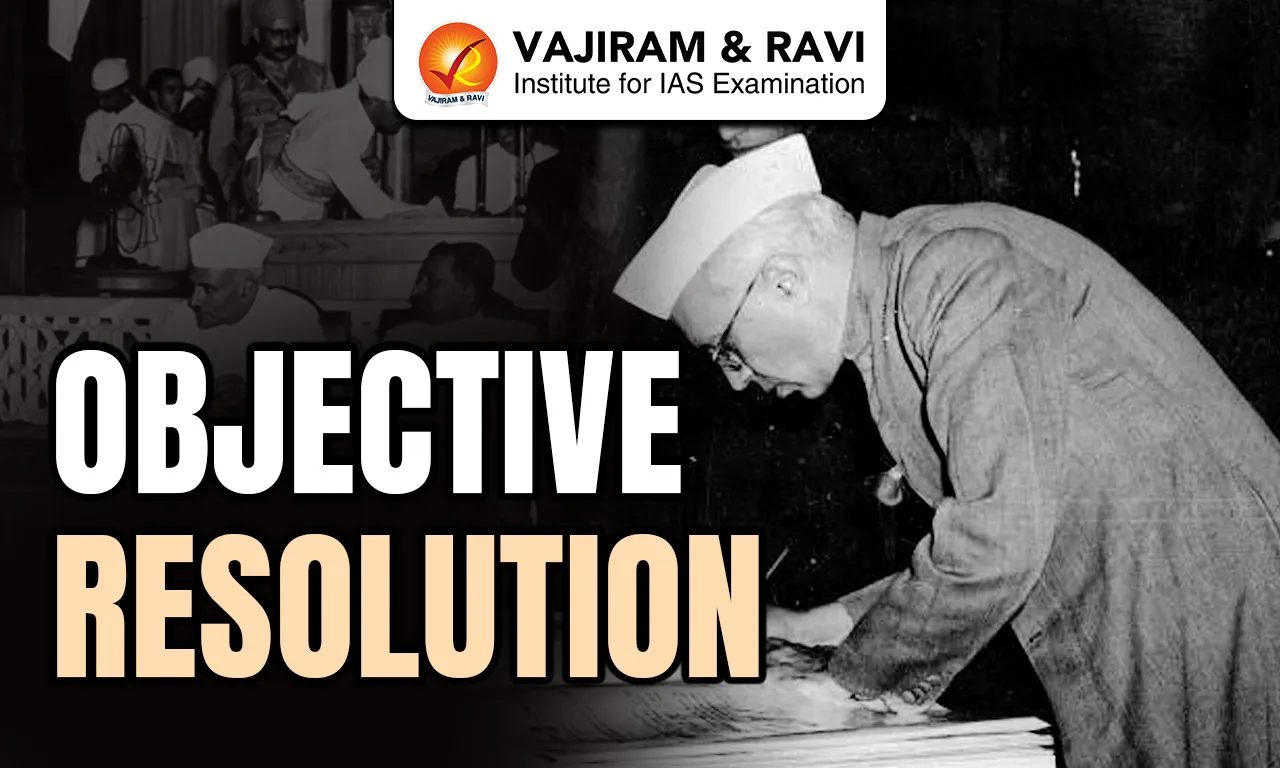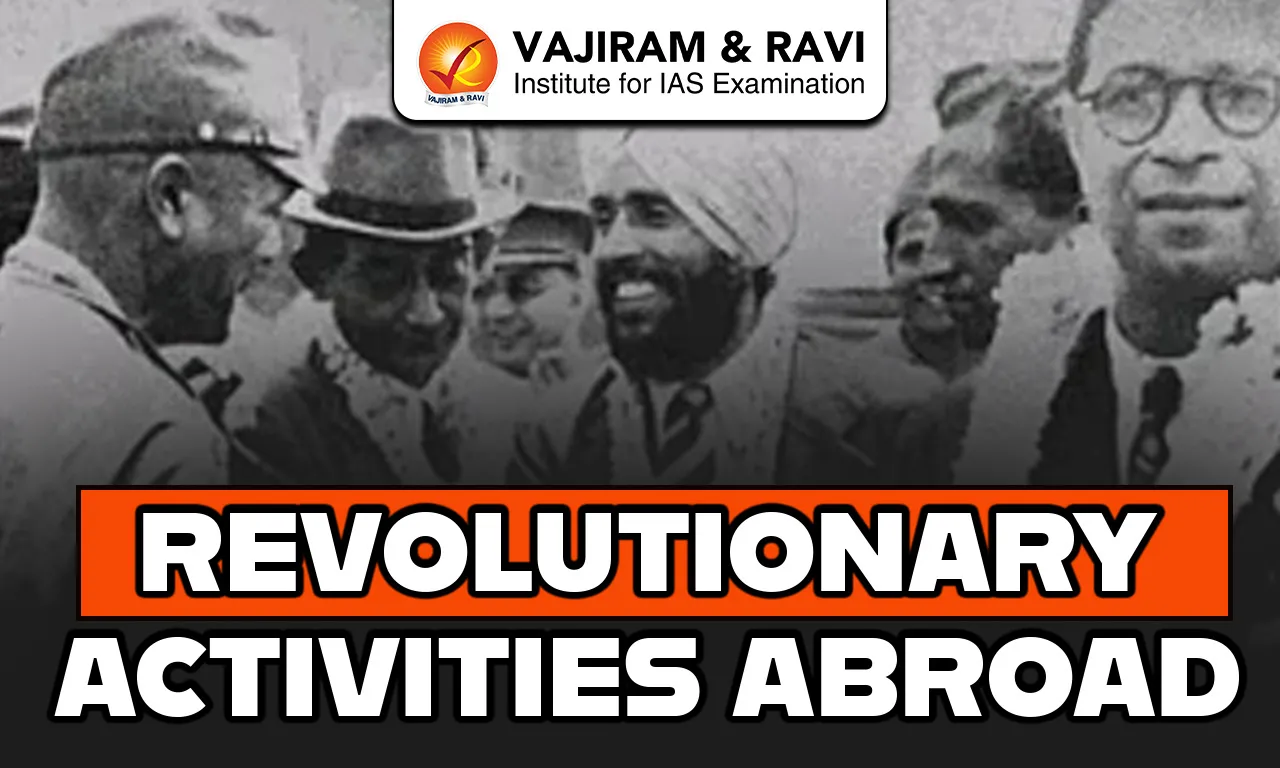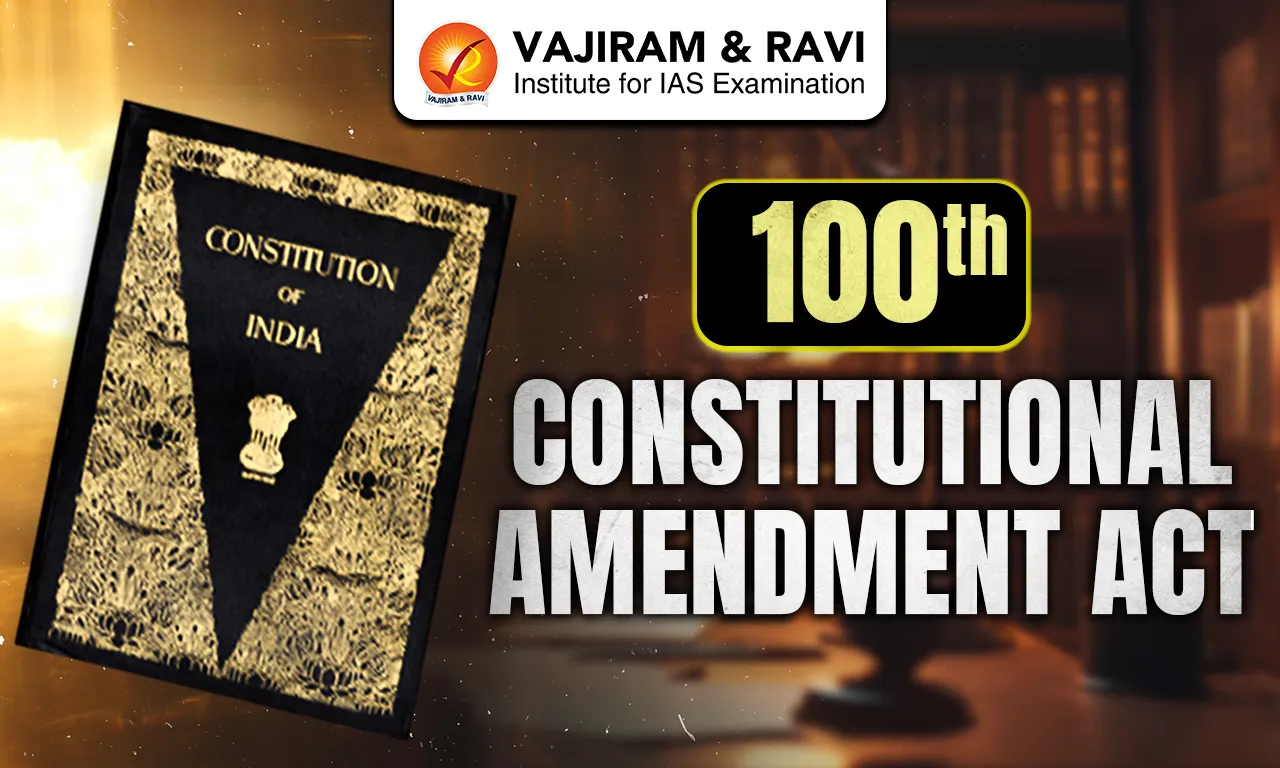Current Affairs 2026 for UPSC Exam
Vajiram and Ravi Daily Current Affairs simplifies the process by providing the daily updates and monthly PDFs, ensuring you remain updated with the latest news about India and around the world.
Prelims Pointers
Mains Articles
UPSC Daily Editorial Analysis
UPSC Prelims Current Affairs
The UPSC Prelims Current Affairs Section by Vajiram and Ravi offers carefully selected relevant news from the UPSC 2026 point of view from most trusted sources such as The Hindu, The Indian Express, LiveMint, and globally trusted platforms including PIB, BBC, and CNN. Prelims Pointers are curated in a concise and reader-friendly format, ensuring that aspirants remain informed about critical developments with ease.
Prelims Pointers
Vajiram and Ravi Prelims Pointers are essential sources for Current Affairs 2026 that provide a competitive advantage, particularly for UPSC 2026 which include connecting backward and forward linkages, selecting topics based on their importance for the prelims, presenting information in a concise point format to save time on note-making, and promoting better learning retention for students. Stay well-prepared and ahead in the preparation journey with our Prelims Pointers.
UPSC Mains Current Affairs
UPSC Mains Current Affairs section from Vajiram and Ravi provides in-depth analysis of topics sourced from trusted sources such as The Hindu, The Indian Express, Hindustan Times, Yojana and Kurukshetra Magazine, Down to Earth Magazine and Economic Times. By offering structured and accessible content, this section serves as a valuable resource for developing a well-rounded understanding of complex subjects or News, particularly for aspirants preparing for competitive exams like UPSC.
Mains Articles
Vajiram and Ravi’s Mains Articles category provides detailed and insightful analyses of news which holds a critical importance in the UPSC 2026 preparations. Our primary focus is to make complex topics easy to understand and into well-structured summaries. This initiative aims to provide aspirants with a deeper understanding of current affairs which are essential for the exam and designed to enhance students’ answer writing skills, including all key themes related to current events from an exam-focused viewpoint.
Current Affairs 2026 FAQs
Q1. How to prepare current affairs for UPSC 2026?+
Q2. Is 1 year current affairs enough for UPSC?+
Q3. Can I crack IAS in 1 year?+
Q4. Which is best for current affairs?+
Q5. How to prepare current affairs for UPSC 2027?+







